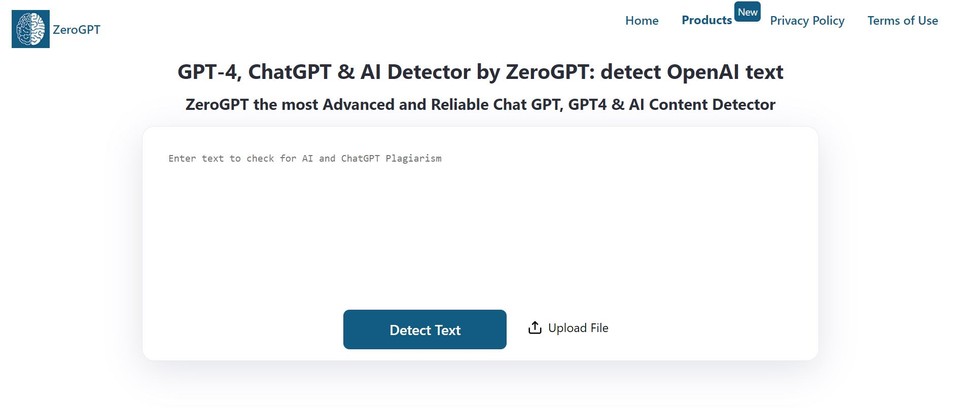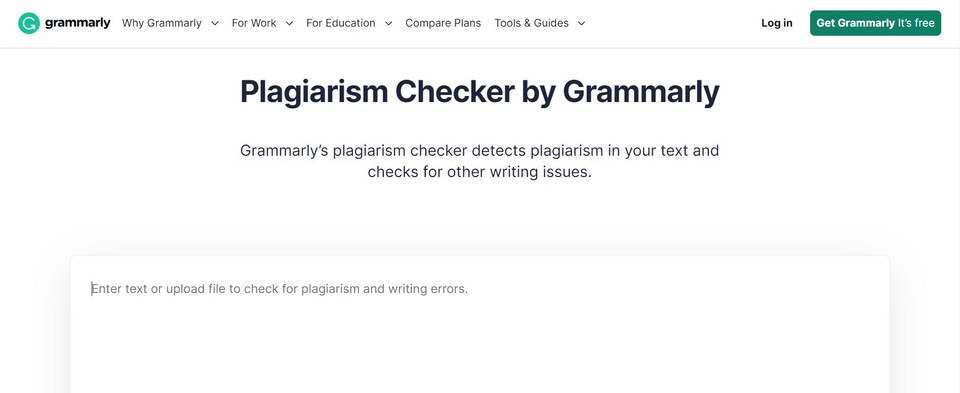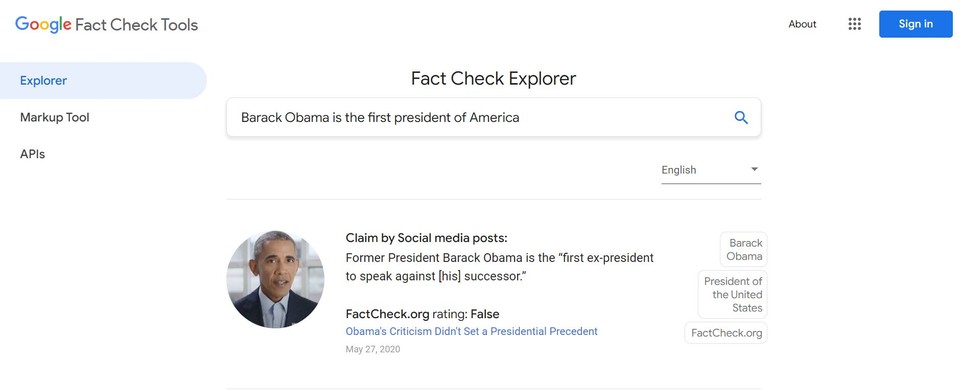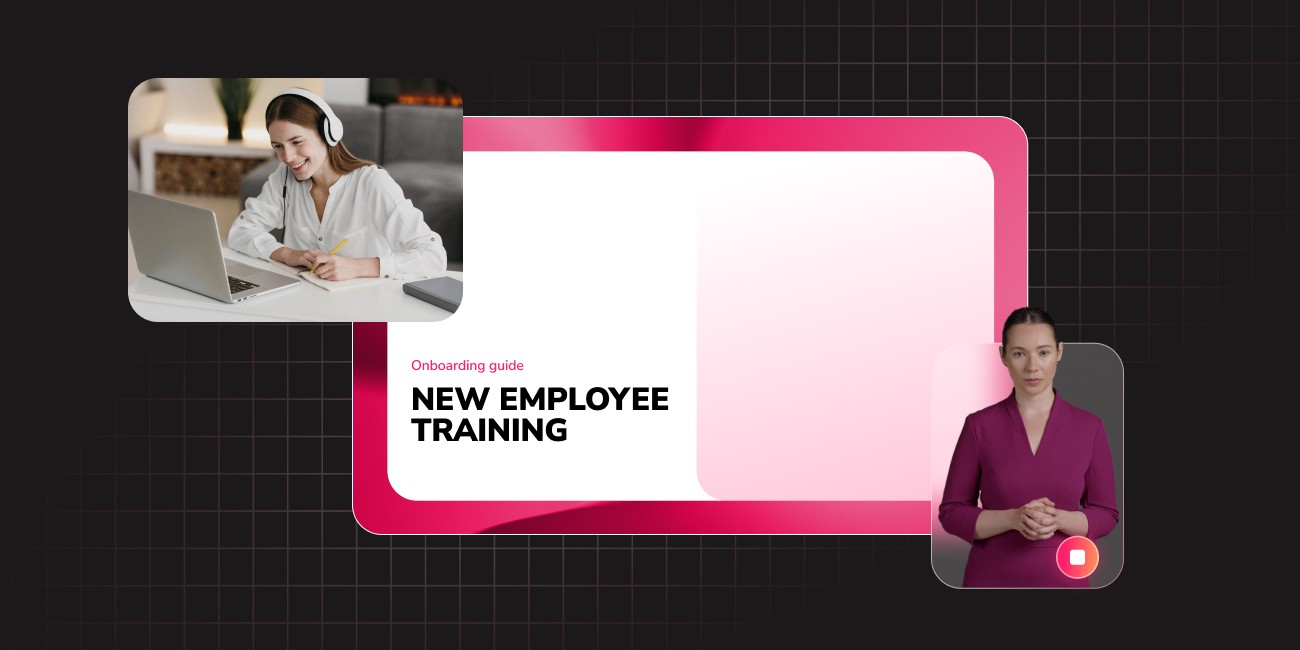Introduction
In a world where AI evolves faster than the speed of thought, text-to-video tools have emerged as robust applications.
These innovative algorithms can transform written words into captivating visual narratives, opening up possibilities for content creators, marketers, and storytellers alike.
But, as with any ground-breaking technology, we can't ignore the ethical implications of AI in the world of video.
Ethics is the compass that guides us toward responsible innovation and ensures that technology aligns with our values. This compass becomes even more crucial when it comes to AI text-to-video tools.
As we grant machines the power to create and communicate on our behalf, we must ensure that their actions uphold our standards.
But what are the ethical considerations in the realm of AI? How do we navigate the territory of AI-generated content while upholding transparency, accuracy, privacy, and accountability?
Join us as we delve into the fascinating world of AI ethics and explore how to harness the potential of AI text-to-video tools while safeguarding our principles.
Let's unravel the mysteries, challenge our preconceptions, and unearth the secrets to responsible AI use. Are you ready to embark on this enlightening journey? Let's dive in!

Understanding AI Ethics
In a realm where algorithms and pixels collide, the concept of AI ethics emerges as the guardian of our digital conscience. But what exactly is AI ethics, and why does it matter when it comes to those mesmerizing text-to-video tools?
💡 AI ethics is the moral framework that helps us navigate the treacherous waters of artificial intelligence. It's like a lighthouse guiding us through the fog of technological progress, reminding us to steer clear of murky ethical dilemmas.
From autonomous vehicles to predictive algorithms, AI ethics holds the torch, ensuring that our creations do more good than harm.
When we venture into the domain of AI-generated videos, we must confront the very essence of what it means to be ethical:
Are the videos we produce transparent, accurate, and unbiased?
Do we respect privacy and consent in this digitized landscape?
And how do we hold ourselves responsible for the actions of these digital creations?
Take a moment to ponder the ethical implications. Just as the great philosophers contemplated the nature of morality, we, too, must grapple with the consequences of AI's creative prowess. As we unravel the intricate tapestry of AI ethics, let us journey forth and uncover the path to responsible use.
Pros and Cons of AI-generated Video Content
The Pros: Exploring the Powers of AI
1. Efficiency and Speed
AI-generated video content significantly reduces the time and effort required for creation. What once took days/ weeks can now be accomplished in mere hours, freeing up resources for other essential tasks.
2. Enhanced Visual Appeal
AI text-to-video tools can transform plain text into visually stunning narratives. With a wealth of templates, effects, and customization options, AI-generated videos capture attention, increase viewer engagement, and make content more memorable.
3. Scalability and Adaptability
AI allows for seamless scalability, making generating customized videos at scale possible. Whether you need to create personalized marketing campaigns or dynamic training materials, AI provides the flexibility to adapt content to specific audiences and goals.
The Cons: Navigating the Limitations of AI
1. Lack of Human Touch
While AI showcases impressive creativity, it often needs the subtle touch of human creators. Human-generated content brings an authentic voice, emotional depth, and a unique storytelling perspective that AI struggles to replicate fully.
2. Potential for Misinformation
AI algorithms learn from data, and if not adequately trained and monitored, they can perpetuate biases and inadvertently generate misinformation. We must ensure that AI-generated videos provide accurate and reliable information, avoiding spreading false or misleading content.
3. Ethical Considerations
Responsible use of AI text-to-video tools requires addressing various ethical challenges. Bias must be minimized to prevent discrimination or unfair representation. Plagiarism detection should be employed to protect intellectual integrity.
As we embrace AI-generated video content, we must celebrate the efficiency, visual appeal, and scalability it offers. Simultaneously, we must know its limitations, ethical challenges, and potential risks. By navigating these considerations with care, we can harness the power of AI while upholding integrity, accuracy, and the values that define responsible content creation.
Key Ethical Considerations for Responsible Use
1. Avoiding AI Bias: Nurturing Fairness in AI-generated Content
A. The Risk of Bias in AI Algorithms
AI algorithms learn from data, which can introduce biases and perpetuate unfairness. Awareness of these risks is crucial, especially biases against minorities and underrepresented groups. Not addressing bias can lead to reputational damage and legal consequences.
B. Mitigating Bias
Ensuring Representation and Fairness: We can minimize the risk of biased outcomes by providing diverse and representative data sets during AI training. Regular evaluations, audits, and transparency in AI development help identify and rectify biases, fostering fairness and inclusivity.
2. Balancing AI and Human Value: Infusing Creativity and Judgment
A. Adding Human Value to AI-Generated Content
While AI brings remarkable capabilities, infusing human creativity, judgment, and contextual understanding into the content-creation process is essential. Human input ensures a nuanced perspective, avoiding the pitfalls of solely relying on AI-generated narratives.
B. Recognizing the Limitations of AI and Human Oversight
AI is a powerful tool but has yet to replace human judgment. It's essential to acknowledge the limitations of AI and implement human oversight to maintain ethical standards and prevent unintended consequences.
💡 Popular AI Content Detection Tools: ZeroGPT and Writer AI Content Detector

3. Plagiarism Prevention: Upholding Originality and Intellectual Integrity
A. Detecting Plagiarism within AI-Generated Content
The risk of unintentional plagiarism increases with AI's vast access to online information. Implementing plagiarism detection tools and encouraging content creators to add original value and attribution help maintain intellectual integrity and avoid legal issues.
B. Cultivating a Culture of Originality and Attribution
Emphasizing the importance of originality and proper attribution fosters a culture of integrity and creativity. Encouraging content creators to contribute unique perspectives and acknowledge their sources ensures ethical AI-generated content.
💡 Popular Plagiarism Detection Tools: Grammarly Plagiarism Checker, PlagScan and Scribbr Plagiarism Checker

4. Accuracy and Fact Checking: Navigating the Path of Truth and Reliability
A. The Importance of Accuracy in AI-generated Videos
AI-generated videos should prioritize accuracy to provide reliable and trustworthy information. Implementing robust fact-checking processes and quality control measures can help ensure that AI-generated content upholds truth and informs rather than misleads.
B. Fact-Checking: Verifying Information and Ensuring Credibility
Rigorous fact-checking mechanisms, both automated and human-driven, play a crucial role in verifying information before incorporating it into AI-generated videos. This process helps maintain the credibility, accountability, and integrity of the content produced.
💡 Popular Fact checking tools and sites: Google Fact Check Explorer, Snopes and FactCheck.org

By embracing these ethical considerations, we can foster responsible use of AI text-to-video tools, avoid bias, promote originality, uphold accuracy, and safeguard our values. Let us navigate this exciting realm of technology with integrity and ensure that AI remains a force for positive change in our digital landscape.
Conclusion
In this brave new world of AI video generator tools, we've explored the fascinating intersection of technology and ethics. From addressing bias and embracing human creativity to ensuring originality and upholding accuracy, we've delved into the intricacies of responsible AI use.
As we part ways, remember that our actions will dictate the future. By forging ahead with integrity, empathy, and a dash of wit, we can navigate the ever-evolving landscape of AI ethics, paving the way for a harmonious coexistence where technology serves as a force for good.
So let us embrace this journey, armed with knowledge and a commitment to responsible AI practices, as we step into a world where innovation and ethics go hand in hand.



